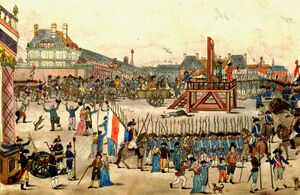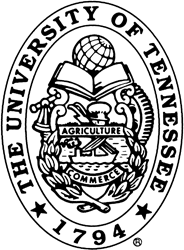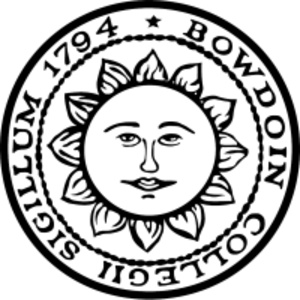Many thanks to our Patrons who cover ~2/3 of our hosting bill. Please join them if you can.
1794
Jump to navigation
Jump to search
1784 < 1785 < 1786 < 1787 < 1788 < 1789 < 1790 <1791 < 1792 < 1793 < 1794 > 1795 > 1796 > 1797 > 1798 > 1799 > 1800 > 1801 > 1802 > 1803 > 1804
 The execution of Robespierre marked the end of the Reign of Terror (a propaganda term given by the next conservative government to discredit Robespierre and justify their actions) | |
| year 1794 |
Events
- January 21 – King George III of Great Britain delivers the speech opening Parliament and recommends a continuation of Britain's war with France.
- February 4 – French Revolution: The French First Republic abolishes slavery.
- March 14 – Eli Whitney is granted a United States patent for the cotton gin.
- March 24 – Tadeusz Kościuszko makes his proclamation, starting the Kościuszko Uprising against the Russian Empire and Kingdom of Prussia, in the Polish–Lithuanian Commonwealth and Prussian Partition.
- April 5 – French Revolution: Reign of Terror – Georges Danton is executed.
- April 19 – Britain, Prussia and the Netherlands sign a treaty of alliance against France.
- May 7 – French Revolution: Robespierre establishes the Cult of the Supreme Being as the new state religion of the French First Republic.
- May 8 – French Revolution: Reign of Terror – Chemist Antoine Lavoisier is tried, convicted and executed by guillotine in Paris, on the same day as with 27 co-defendants also associated with the former ferme générale.
- June 26 – Battle of Fleurus: French forces defeat the Austrians and their allies, leading to permanent loss of the Austrian Netherlands and destruction of the Dutch Republic. French use of an observation balloon marks the first participation of an aircraft in battle.
- July 27 (9 Thermidor) – French Revolution – Thermidorian Reaction: Robespierre and Saint-Just are arrested on the orders of the French National Convention; they are executed the next day, ending the French Revolution's Reign of Terror.
- September 28 – Austria, Britain and Russia ally against France.
- October 4 – In the first and only instance of an incumbent United States president leading men into battle, George Washington arrives at Carlisle, Pennsylvania to guide the U.S. Army's suppression of the Whiskey Rebellion.[1] The rebels soon disperse and the insurrection collapses by the end of the month.
Date unknown
- Britain agrees to evacuate border forts in the Northwest Territory (roughly the area north of the Ohio River and east of the Mississippi) and thereby end British support for the Indians.
Event
| Event | Start | End | Description |
|---|---|---|---|
| French Revolution | 5 May 1789 | 9 November 1799 | Often cited event in world history that has an even more brutal side to it than is usually discussed. |
New Groups
| Group | Image | Type | Description |
|---|---|---|---|
| University of Tennessee |  | Flagship public university | Significant ties to military research and deep state |
| École Polytechnique |  | ||
| Bowdoin College |  | Military ranks | From its founding, Bowdoin was known to educate the sons of the political elite and "catered very largely to the wealthy conservative from the state of Maine." |
Many thanks to our Patrons who cover ~2/3 of our hosting bill. Please join them if you can.
References
- ↑ Hogeland, William (2015). The Whiskey Rebellion: George Washington, Alexander Hamilton and the Frontier Rebels Who Challenged America's Newfound Sovereignty. Simon and Schuster. p. 213.